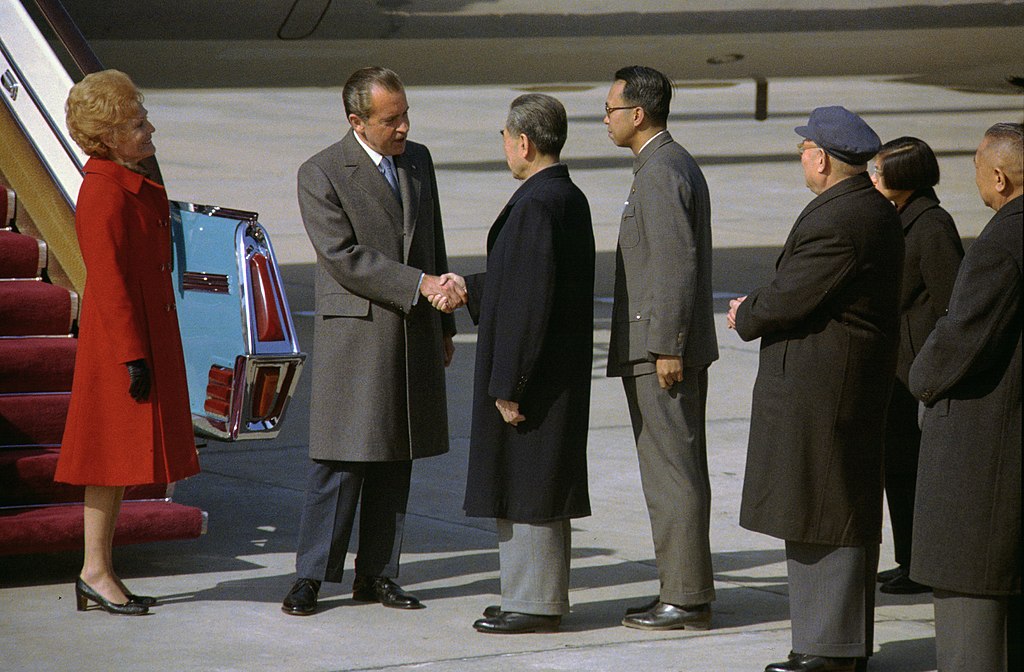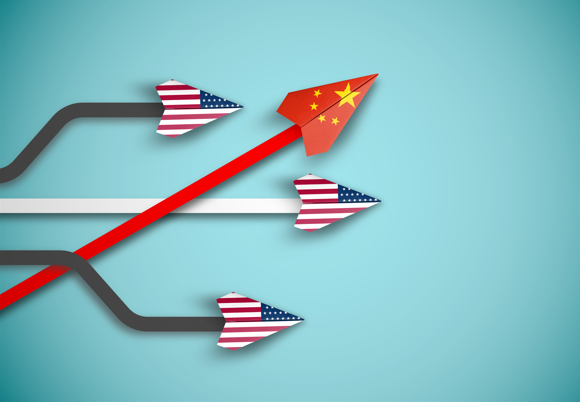
Zhang Baijia, Former Deputy Director of the Party History Research Center, CPC Central Committee
Feb 26, 2022
Past experience is a guide for the future, so what can we learn today from the normalization of China-U.S. relations? First, we must be realistic. Second, we must be willing to break conventional rules.
Wang Zhen, Professor and Deputy Director, Institute for International Relation Studies, Shanghai Academy of Social Sciences
Feb 26, 2022
China is interwoven with the American economy and far more open and free than it was in 1972. If ideology did not prevent normalization when Nixon broke the ice, it should certainly not impede bilateral relations today.
Yasuo Fukuda, Former Prime Minister of Japan
Feb 22, 2022
The unfortunate Japanese experience in boosting domestic demand and setting trade policy can be drawn upon today. Hopefully, China will not repeat the mistakes of Japan. Frictions between China and the United States can be addressed if they are willing to meet each other halfway.
Goh Chok Tong, Emeritus Senior Minister and Former Prime Minister of Singapore
Feb 22, 2022
The main deficit on the geopolitical ledger is mutual strategic distrust. If this cannot be overcome, the world will be condemned — like Sisyphus in Greek mythology — to roll the boulder of a contentious U.S.-China relationship uphill for eternity.
Mary Robinson, Chair of The Elders, Former President of Ireland
Feb 22, 2022
There are and will continue to be differences between China and the United States. This is typical of humans, as any family knows. But the world needs China and the United States to be working together, marshaling and complementing their respective strengths.
Victor K. Fung, Group Chair of the Fung Group, Vice Chairman of China-United States Exchange Foundation
Feb 22, 2022
I strongly believe it is time for the trade war between the U.S. and China to be placed in abeyance. With inflation increasing in the U.S. and with the growth of China’s domestic consumption slowing, I am sure the will must be there on both sides.

Yi Fan, a Beijing-based political commentator
Feb 22, 2022
Half a century ago this month, Chinese leaders received Richard Nixon on a historic visit that ended two decades of estrangement between China and the U.S. The visit has been rightly hailed as an example of diplomacy and statesmanship at their best.
Tom Watkins, President and CEO of the Economic Council of Palm Beach County, FL
Feb 20, 2022
The visions of Xi Jinping and Joe Biden clearly spell out two trajectories - one of ascendance and the other fighting to retain fading power and influence.

An Gang, Adjunct Fellow, Center for International Security and Strategy, Tsinghua University
Feb 20, 2022
Unlike the warmth it showed China during the 2008 Summer Olympics, the United States has adopted a chilly mindset for the 2022 Winter Games. In fact, relations seem headed for an extended ice age.

Cui Liru, Former President, China Institutes of Contemporary International Relations
Feb 16, 2022
American anxiety about China shows that China has become a “near-peer” competitor to the United States. But the process of competition will not be dictated by the U.S. alone. The impact will only be revealed through interaction over time and the handling of key issues.
Back to Top

- China-US Focus builds trust and understanding between the U.S. and China through open dialogue among thought leaders.
- Our Offerings
- Topics
- Videos
- Podcasts
- Columnists
- Research Reports
- Focus Digest
- Stay Connected
-
Thanks for signing up!
- Get the latest stories from China-US Focus weekly.